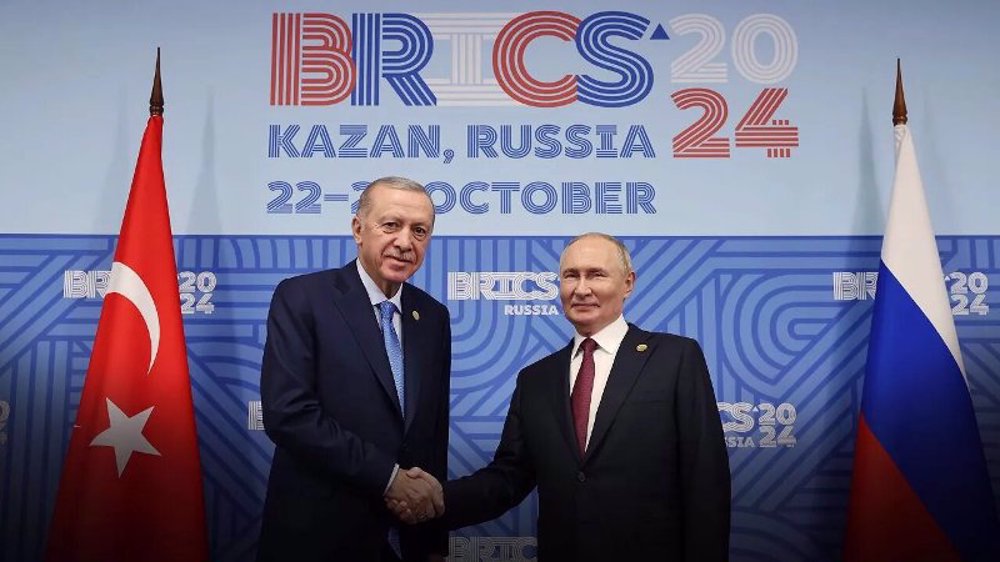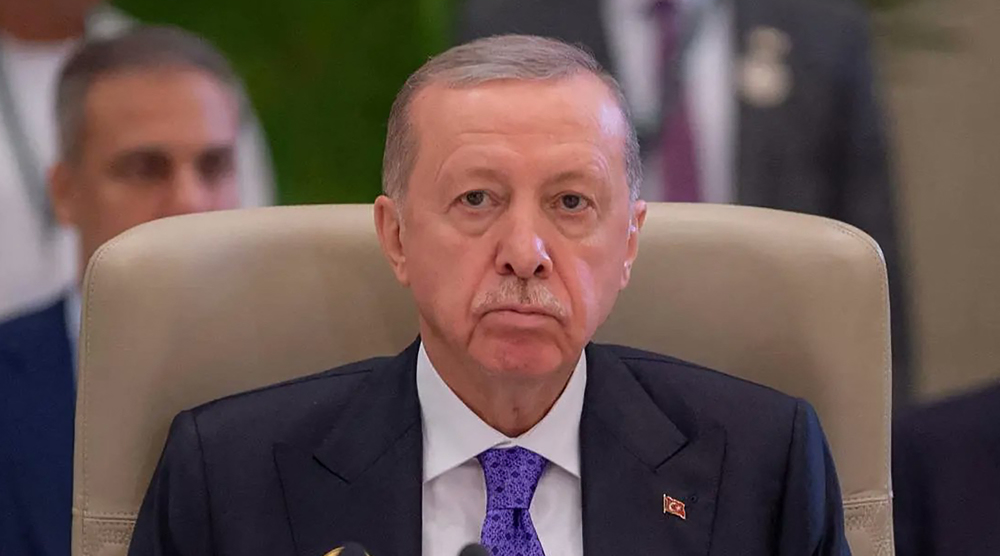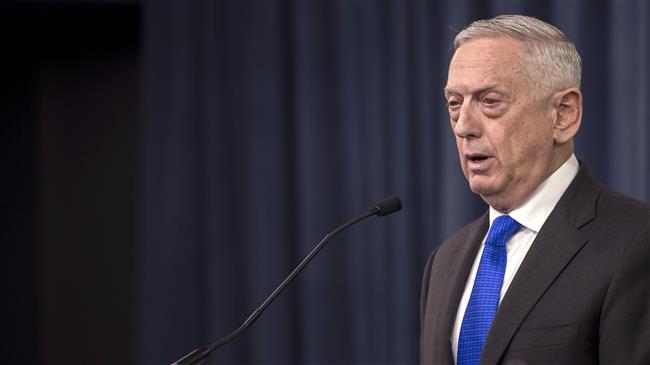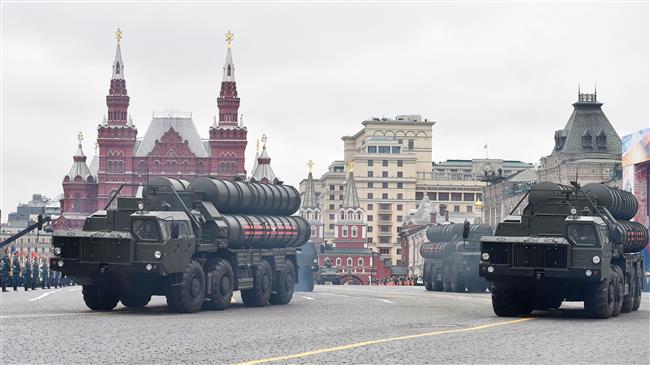Turkey to acquire Russia’s S-400s ‘in shortest time’ despite US warnings
Turkey’s President Recep Tayyip Erdogan says his country will procure Russia's S-400 air defense missile system "in the shortest time," paying no heed to warnings issued by the US, a NATO partner.
"Turkey needs S-400s and its deal has been done," Erdogan said at a graduation ceremony for military officers in the western city of Balikesir on Friday.
"God willing, we will buy them in the shortest time," he stressed.
On April 3, Erdogan and his Russian counterpart Vladimir Putin said in the Turkish capital Ankara that they had agreed to expedite the delivery of S-400 missile systems. The delivery had previously been scheduled for late 2019 and early 2020.
The S-400 system, whose full name is the Triumf Mobile Multiple Anti-Aircraft Missile System (AAMS), is an advanced Russian missile system designed to detect, track, and destroy planes, drones, or missiles as far as 402 kilometers away. It has previously been sold only to China and India.
Washington and NATO officials strive to prevent the sophisticated Russian-built anti-aircraft weapon system from collecting information about the US-made all-weather stealth multirole warplanes, technically known as the Lockheed Martin F-35 fighters, just as they are gaining a foothold in Europe.
US Secretary of Defense James Mattis on August 28 said his country is concerned about Turkey’s intent to purchase the S-400s, adding that Washington does “not recommend” it.
Washington warned that any such acquisition would inevitably affect the prospects for Turkish military-industrial cooperation with the US.
However, Erdogan on Friday said that Ankara "needed cooperation with other countries as much as that with Europe and America."
The purchase of the Russian missile system comes amid rising tensions between Ankara and the US over the detention of Andrew Brunson, an American pastor, in Turkey over terror-related charges.
Brunson was indicted by a Turkish court on charges of having links with the Kurdistan Workers’ Party (PKK) militant group and the movement of the US-based opposition cleric Fethullah Gulen. Ankara accuses Gulen of having masterminded the July 2016 coup attempt against President Recep Tayyip Erdogan.
The spat has hit trade ties between the US and Turkey hard and affected the Turkish economy. The lira has already lost about 30 percent of its value against the US dollar since the beginning of August.
Turkey and the US also disagree over their military interventions in the Syria war and the US conviction of a Turkish state bank executive on sanctions-busting charges in January.
VIDEO | Yemen’s armed forces target Israeli airbase amid nationwide pro-Palestinian rallies
Putin vows more test of new hypersonic missile
VIDEO | Jordanians continue rallies to denounce Israeli genocide in Gaza, Lebanon
6 Israeli soldiers commit suicide: Reports
Diplomat discourages recourse to pressure, intimidation, confrontation against Iran
UN: 2024 deadliest year for aid workers amid genocide in Gaza
Gaza health official warns of hospital shutdowns within 48 hours
Israel kills 5 more paramedics in southern Lebanon: Health ministry















 This makes it easy to access the Press TV website
This makes it easy to access the Press TV website